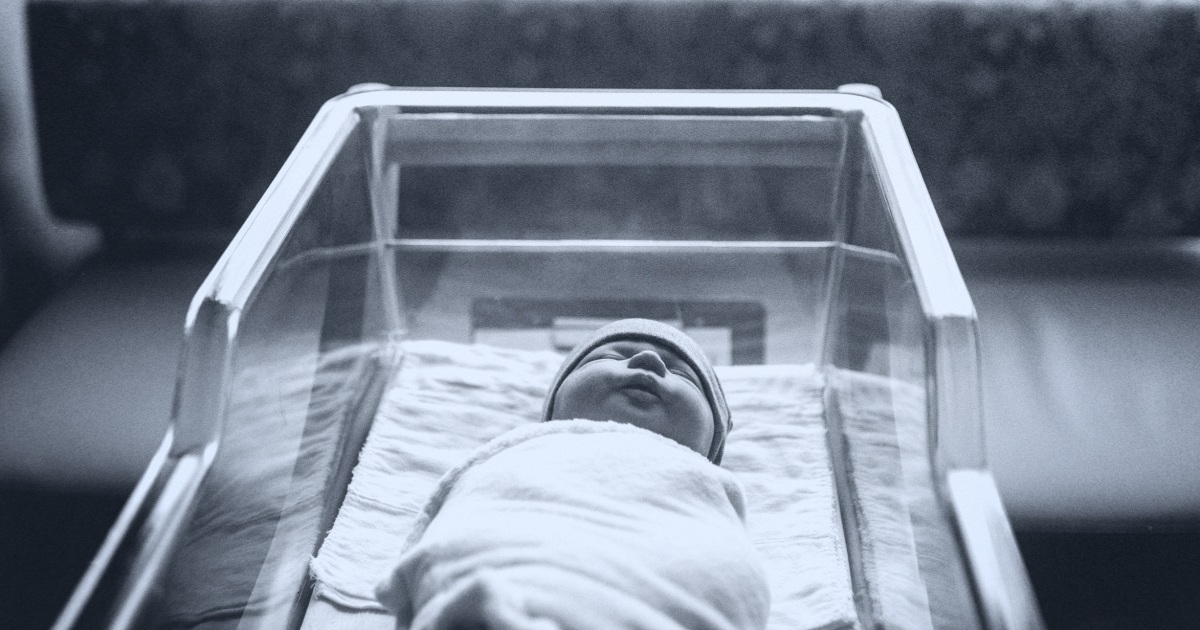The ”expanded” child tax credit is a misnomer for many: the tens of millions of people who pay no income taxes whatsoever now get thousands of dollars in welfare per year. A young couple with three children, who owe no taxes, get around $10,000 a year, taxfree, or the equivalent of a part-time job.
This has caused three problems:
1) Mothers with part-time jobs have now quit them because they don’t need the earnings anymore, exacerbating the labor shortage
2) Those who did not have jobs now are flush with cash they never had and spending more freely, also exacerbating the labor shortage, inflation is rampant.
3) As far as the inflation, the parents getting several hundred dollars of OPM can absorb it, but it is causing a massive hardship for young singles, childless couples, retired next couples, and of course our senior citizens on modest fixed incomes,
There is something very wrong with policy that allows only a certain segment of the population to improve their lives when it harms other segments of the population.
Can we reverse this back to the original? In doing so, we would remove at least some of the pressure on inflation and reduce the financial hardship caused to people without children.
I say we should not be encouraging people to have more kids but you know the corporations want more bodies. More workers, more consumers. You can't grow if the population is declining.
We've seen too many news stories warning of economic collapse and not-so-subtly blaming selfish women for not having enough children.

www.nbcnews.com
A lot of this decline is probably because people are waiting until they feel ready to become parents. U.S. social policy has emphasized the importance of people's waiting to have children (until they are older, until they are financially stable) for decades. So why isn't the fact that people are delaying their fertility treated like the policy success that it appears to be? Instead, we've seen
many news stories bemoaning falling fertility rates, warning of economic collapse and not-so-subtly blaming selfish women for not having enough children.
For decades, U.S. women have reported that far higher fractions of their births occurred before they wanted or after they had had as many children as they wanted
Surely a country that prides itself on people's living their lives as they see fit would see this as a success?
But no. Instead, this reproductive autonomy is decried as women's failing to fulfill our duty to the economy. Which is both callous and ironic, since choosing when you have children is a fundamental human right, and delaying childbearing until you are ready it is exactly what social programs have been promoting for decades.
Put simply, there's been a wildly successful campaign to convince women in the U.S. that it's our responsibility to plan our fertility. The message that we should have babies only when our lives are arranged just so, not before, and that if we plan well enough we will be able to achieve all our aspirations — financial stability, relationship dreams, educational goals, a good life — has sunk in.
Women have gotten the message.
Declines in fertility have been concentrated among younger Americans. Teen fertility has declined by more than 75 percent in recent decades, all the way down to
15.3 births per 1,000 women ages 15 to 19 last year, from
61.8 births per 1,000 in 1991.

www.cato.org
